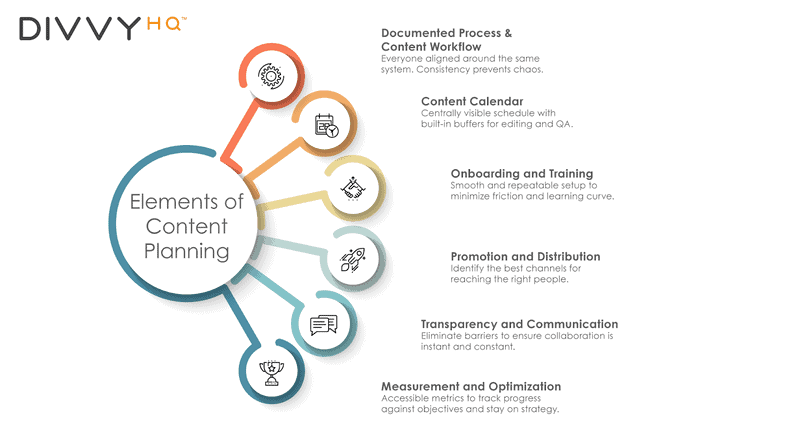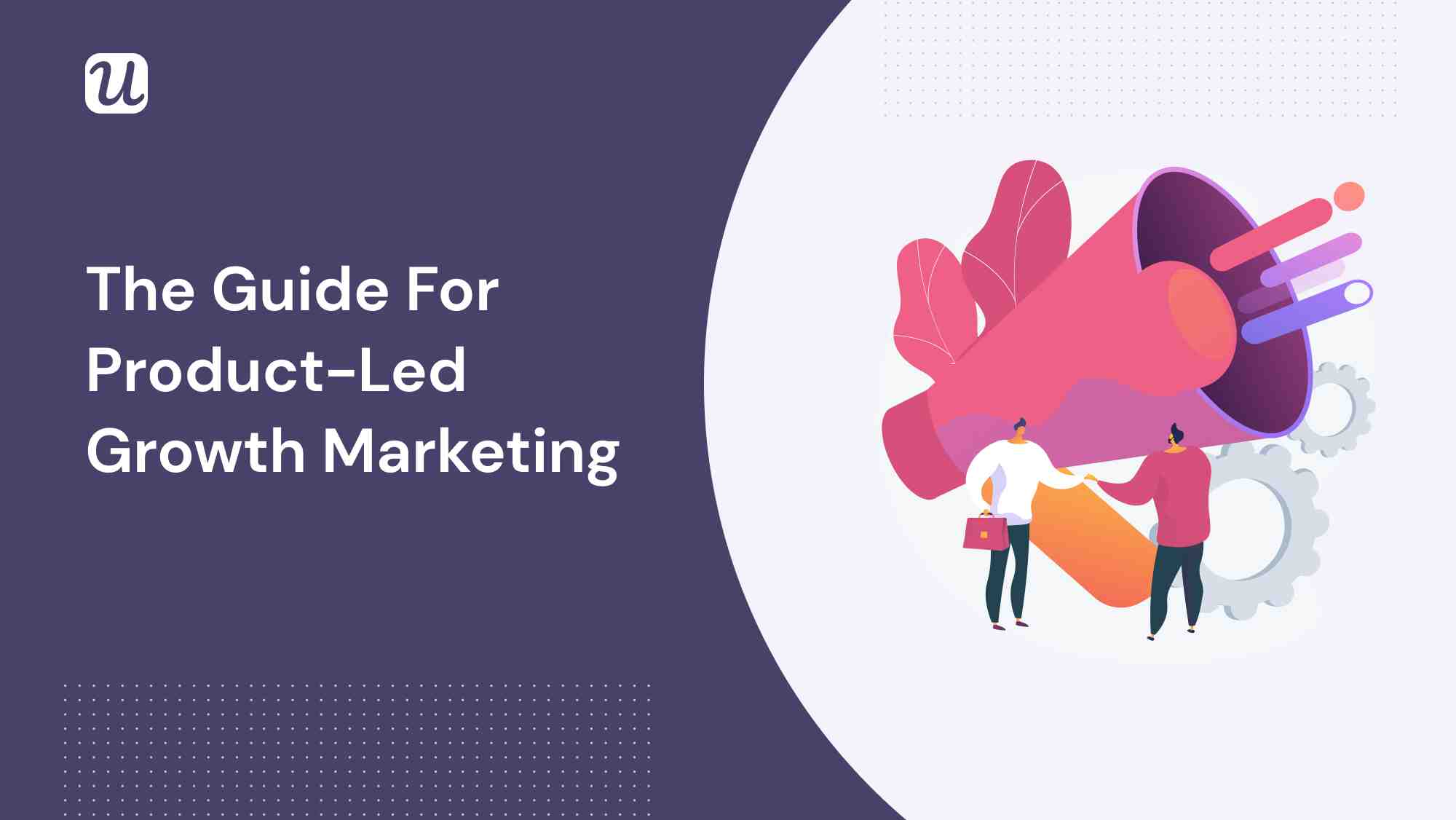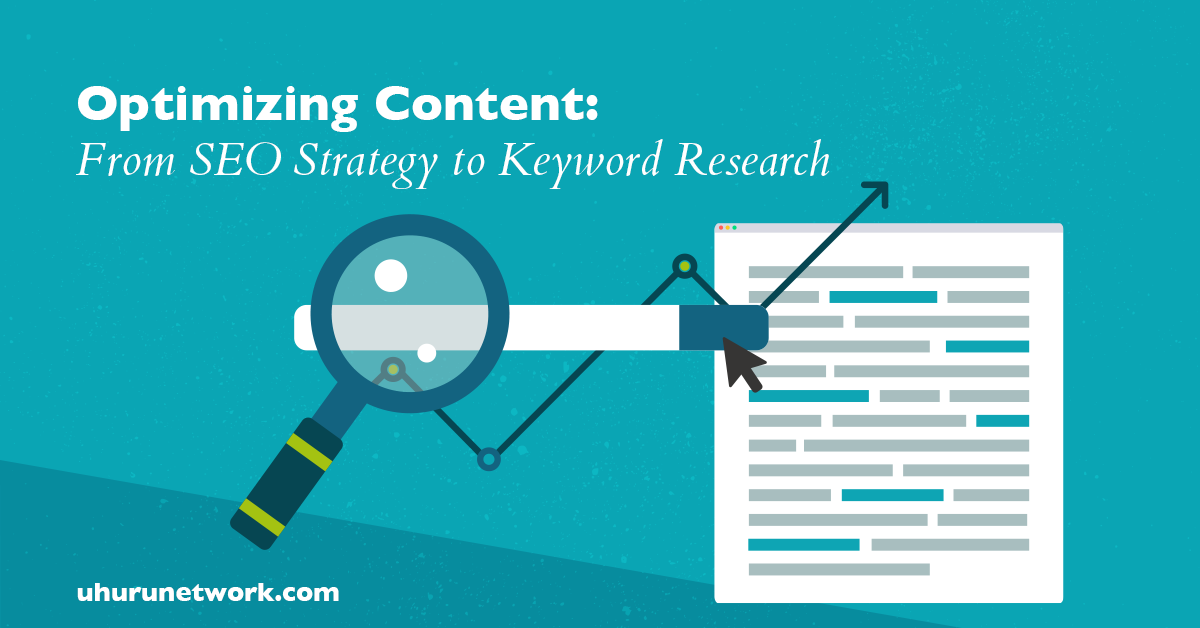Recognized leader in digital transformation, partner at Highbridge, founder of Martech Zone, public speaker, author, podcaster & advisor.
Reviewing and using improved analytics tagging on your company’s site can begin to increase overall business results.
Let’s say your data shows excellent conversion rates from search engine traffic that are much higher than ads or social media. This is not to say that other channels should be ignored, but that the potential for increased sales exists if existing landing pages could be optimized and new pages provided with significantly better content than the competition.
One critical tool used in auditing is a search engine optimization platform (Senior). These platforms monitor paid and organic searches and keyword volume, and provide tons of tools that provide insight into opportunities to optimize pages. Pages can be optimized through a number of methods, including:
• Optimized infrastructure to improve page speed.
• Optimized titles to increase page indexing for relevant keyword searches.
• Optimized metadata that would entice search engine users to click on search engine results pages.
• Optimized page content with improved verbiage, better captioning and better use of formatting, videos and other images.
Of course, there are concerns about whether the site will lose rank and whether errors and warnings revealed by an SEO platform should be prioritized. These concerns are not uncommon, but they are often not justified in the context of the strategy as a whole.
Search engine optimization is often seen by consultants to feed search engine algorithms, which can be in direct conflict with the wishes of the search engine user. Every search engine wants to provide users with better search engine results. As a result, it helps to focus on the user, not the machine.
Some errors and warnings affect users. One example is broken internal links where a user cannot find the information they tried to navigate to. However, many other errors and warnings do not bother users. Here are some examples:
• You mark an advertising landing page so that it is not indexed in search engines. Google Search Console and many SEO platforms will report this as an error when you’ve done it step by step. You deliberately hide various advertising offers so that they do not attract organic search traffic.
• You develop a landing page without cloud computing with a registration form and it is warned because it has low text-to-HTML ratios. Adding text would defeat the real goal of the design, which is to simply provide a way to sign up and convert.
Search engine marketing platforms provide great reports on almost every digital characteristic of your site. What SEO platforms do not do, however, is provide useful insights to visitors. Here’s an example we see all the time: Sites that rank for an irrelevant keyword that drives tons of traffic immediately bounce and never convert. Great for the algorithms, prominent in all SEO platforms, but completely useless for your business.
In fact, it can even annoy visitors. There are many brands in the tech space that do everything they can to have the keyword rankings but don’t add any value to their landing pages. I now skip those sites when researching my industry.
Let’s revisit those concerns and rephrase the question about what concerns there are:
• Are current site rankings driving conversion rates from high value visitors?
• Do the errors and recommendations have an impact on ranking and subsequent purchase behavior?
The ideal first step in any SEO strategy is to ensure that tags are properly managed across the site to accurately capture campaigns, events and conversions. You should always work from the restoration back to the search engine to identify the right target audience, the right content and to compare the client with legitimate competitors.
Once you understand how your customers or potential clients are using search engines to find the products or services you offer, you can optimize your site and content to reach the right search engine users. attraction SEO platforms are key to helping you do this – but only until you can tie purchase behavior to search engine behavior.
So how do you know what to ignore and what not to do? If you are using Google Analytics:
1. Link your Google Ads account to your Google Analytics property.
2. Configure Search Console data in Google Analytics.
3. Make sure all campaigns like email, app ads or text messages are correctly tagged with a UTM campaign code.
4. Review your default channel definitions in Google Analytics and modify them to ensure that all traffic is correctly classified by channel.
5. Use goals to measure how often users complete specific activities.
Google does not report on the activity of its logged in accounts, so it is almost impossible to track organic search visits by keyword to a conversion. However, you can use an SEO platform to identify which pages are ranking on your site and for what keywords. At that point, you can use analytics to identify those pages as entry points and start analyzing whether those visitors are engaging and converting.
Now you have a much clearer picture of how search engine users are finding, engaging and converting on your site. It’s time to work backwards to identify the keywords you could rank better for and the pages you should optimize or create to attract those visitors. At this point your SEO platform can help you, but only until you target the visitors that matter – not all visitors from search.
The Forbes Agency Council is an invitation-only community for executives in successful public relations, media strategy, creative and advertising agencies. Do I qualify?
What is the most important part of SEO?

Google’s #1 Ranking Factor At WebTek, we say that the most important parts of SEO and the most important Google ranking factors are web page titles and heading tags. Titles are the prime real estate on any website – they’re your best chance to tell Google exactly what your website or webpage is about.
What are the 5 important concepts of SEO? Through the rest of 2021, understanding these five critical SEO concepts is essential as we prepare for success.
- Advantages of Web Core. …
- Mobile-First Indexing. …
- Machine Learning and Automation. …
- E-A-T. …
- Knowledge Gap, Semantics, and Entities.
What is the most important thing in SEO?
Google’s #1 Ranking Factor At WebTek, we say that the most important parts of SEO and the most important Google ranking factors are web page titles and heading tags. Titles are the prime real estate on any website – they’re your best chance to tell Google exactly what your website or webpage is about.
What is the most important SEO element on your website?
The first and most important aspect of on-page SEO is of course; your subject. If you’re not interesting to read, you probably won’t get many views and high search engine rankings. That’s why writing ‘VUUSP-content’ is very important.
Does SEO still work in 2022?

Will SEO still be relevant in 2022? Yes of course. Although some SEO tactics that were effective in the past stopped working, SEO kept evolving. Constantly reinventing itself to better match the user’s intent, cutting back on the spammy, ineffective tactics to become better.
How do I test my website for SEO?

The easiest way to do this is to use an SEO testing tool. It connects to your Google Search Console account and tracks results for you. But you can track results manually if you prefer. If you want to test changes in organic traffic, use Google Search Console or Google Analytics.
Does Google have an SEO checker? What is Google SEO Checker? Simply put, Google’s SEO checker is a free tool that gives you advice on how to improve your SEO or check another website’s SEO. And because you can use these checkers to analyze sites you don’t own, they are valuable tools for competitive analysis.

